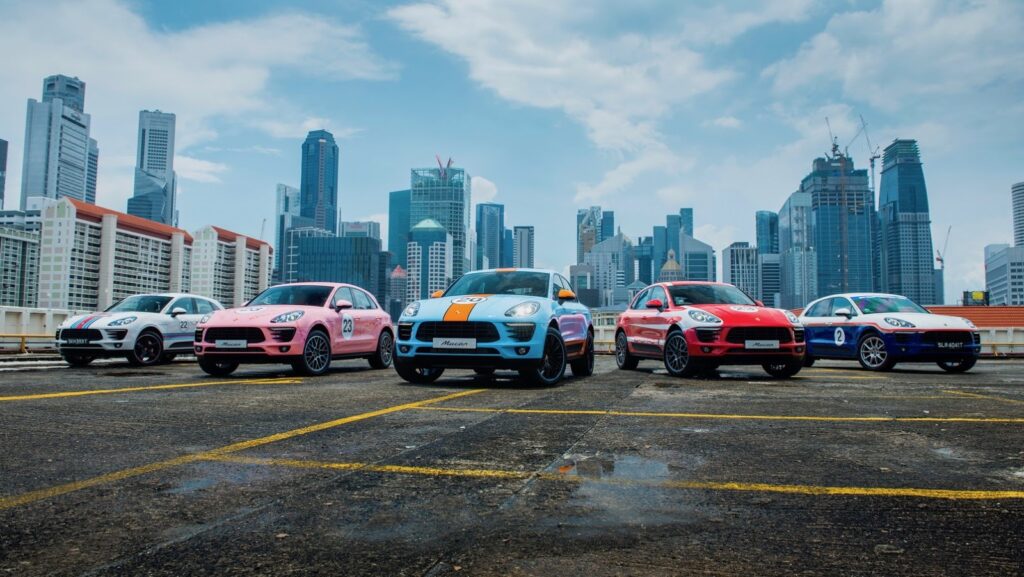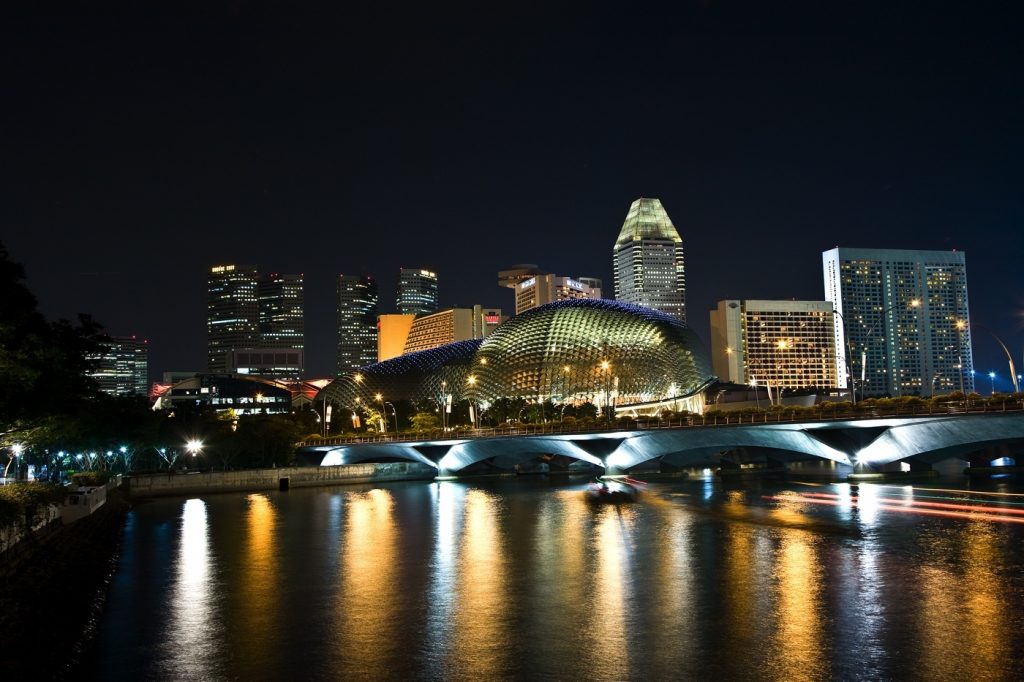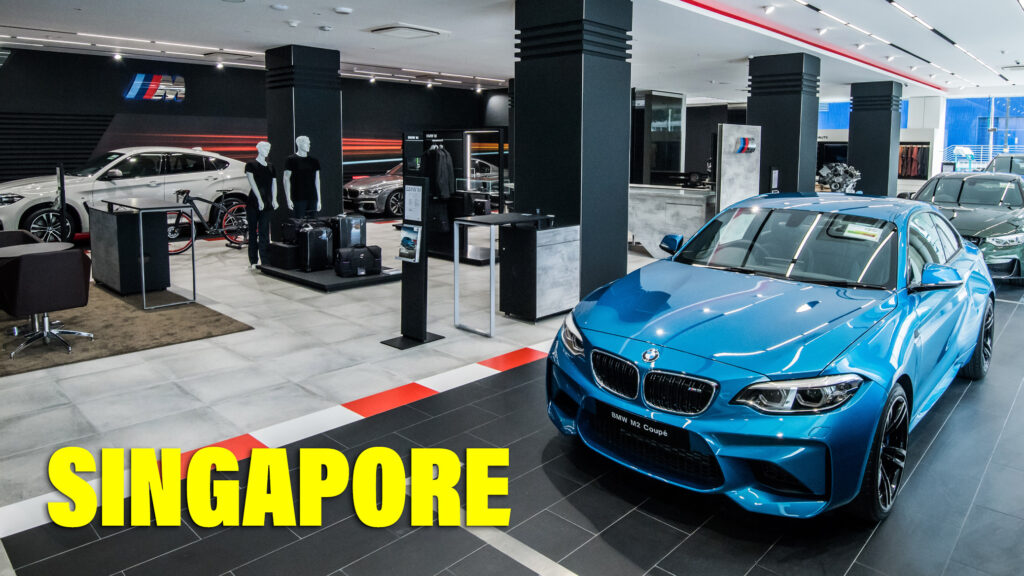The Singaporean government wants to end the sale of new internal combustion-powered vehicles by 2030 but EV sales need to rise rapidly in the coming years if this is to be achieved. Over the past two years, the administration has been pushing electric vehicles offering incentives of up to S$45,000 (equal to around US$34,000) and expanding the charging network.
Last year, EVs accounted for 12 per cent of new car sales in Singapore, a significant increase from the 4 per cent in 2021. While government officials will be pleased to see progress, Reuters notes that EVs represent just 1 per cent of all registered cars in Singapore which is actually less than the 1.65 per cent of vehicles that are combustion-powered sports cars.
In Singapore, owning and operating a car is a luxury reserved for those willing to pay a steep price. To even be able to operate a car, one must acquire a certificate that is only available in limited quantities for a duration of 10 years, which can require participating in a bidding process and cost tens of thousands of dollars. Reuters reports that these certificates for small cars cost upwards of S$88,000 (about US$66,000).
Despite this, Singapore with a population of around 5.6 million people, is also home to some of the wealthiest individuals in the world, with HSBC predicting that 13% of Singaporeans could become millionaires by 2030, the highest share in the world.
Read: Flying Taxis Might Only Be Two Years Away For Singapore Residents

Given the extraordinary wealth in Singapore, it’s not surprising that eye-watering prices and car ownership costs haven’t stopped locals from buying a growing number of luxury vehicles. In fact, Ferrari sales in the country have jumped 67% over the past decade, while Lamborghini sales have risen by 38%. Furthermore, there are five times as many Porsches, twenty-seven times as many BMWs, and nearly 40 times as many Mercedes vehicles on the country’s roads as there are Teslas, and almost ten times as many as the number of BYD vehicles.
Luxury brands could make the most of this demand in the EV era. The managing director of Audi Singapore, Markus Schuster, told the publication that he expects EVs to constitute the majority of new car sales by 2025 or 2026, thanks in part to new vehicles like the Audi Q8 e-tron and Q4 e-tron launching.
Schuster also believes that the government’s plan to build 60,000 charging points by 2030 will play a key role in convincing Singaporeans to buy EVs. There are currently just 1,600 charging points in the country.
Non-luxury brands may struggle, however. Earlier this year, Hyundai launched 100 units of the limited-run ‘Made in Singapore’ version of the Ioniq 5 but only managed to sell half of them.




